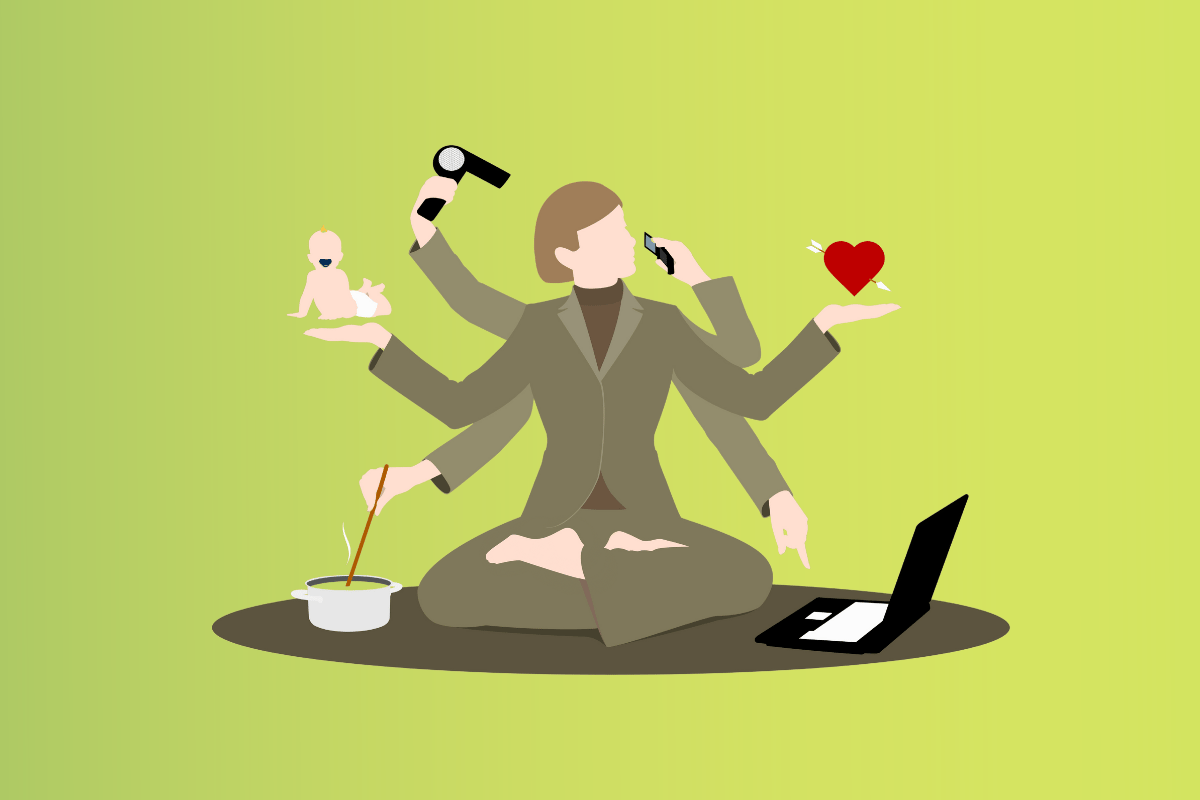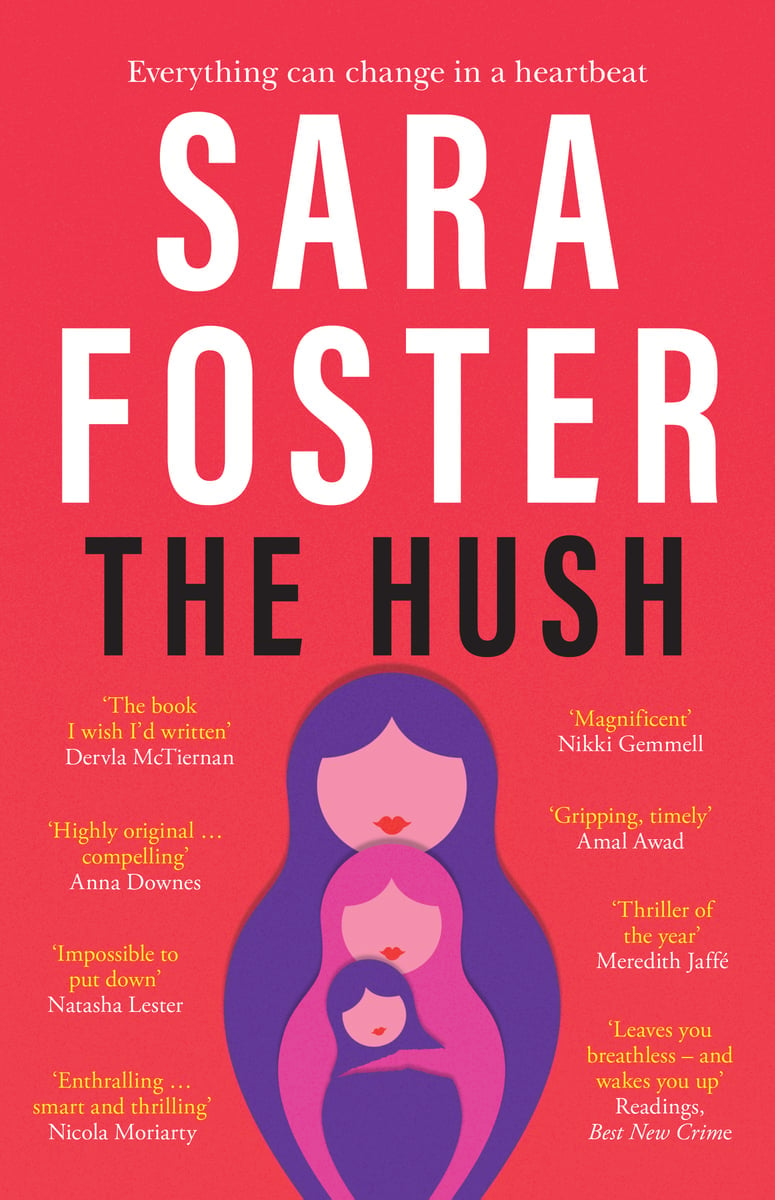
As a mum to two girls, a teen and a pre-teen, I’ve grown well-versed in the continual ways my identity is splintered and my performance as a mother is assessed: by my family, my community, my colleagues and my culture.
I’ve tried on lots of different hats over the past 13 years: breastfeeding mum, bottle-feeding mum, co-sleeping mum, cry-it-out mum, bake-sale mum, P&C mum, soccer mum, home-schooling mum, working mum, and so on – but the one I wear most frequently is exhausted mum.
I’m not just frazzled from everyone else’s expectations, but from my inevitable internalisation of them, which means I never (at least by my own assessment) reach the fictional finish line of 'successful mum'.
Watch: Be a good mum. Post continues after video.
I’ve had countless conversations about mothering with my mum friends. Sometimes these are joyous, as we share in our children’s growth and achievements; but rarely do we bask in our own successes.
As a collective, we constantly worry over the many ways we are failing these dependent humans who look to us 24/7 for love and guidance; but we don’t talk about how we have been set up by western culture.





























































































